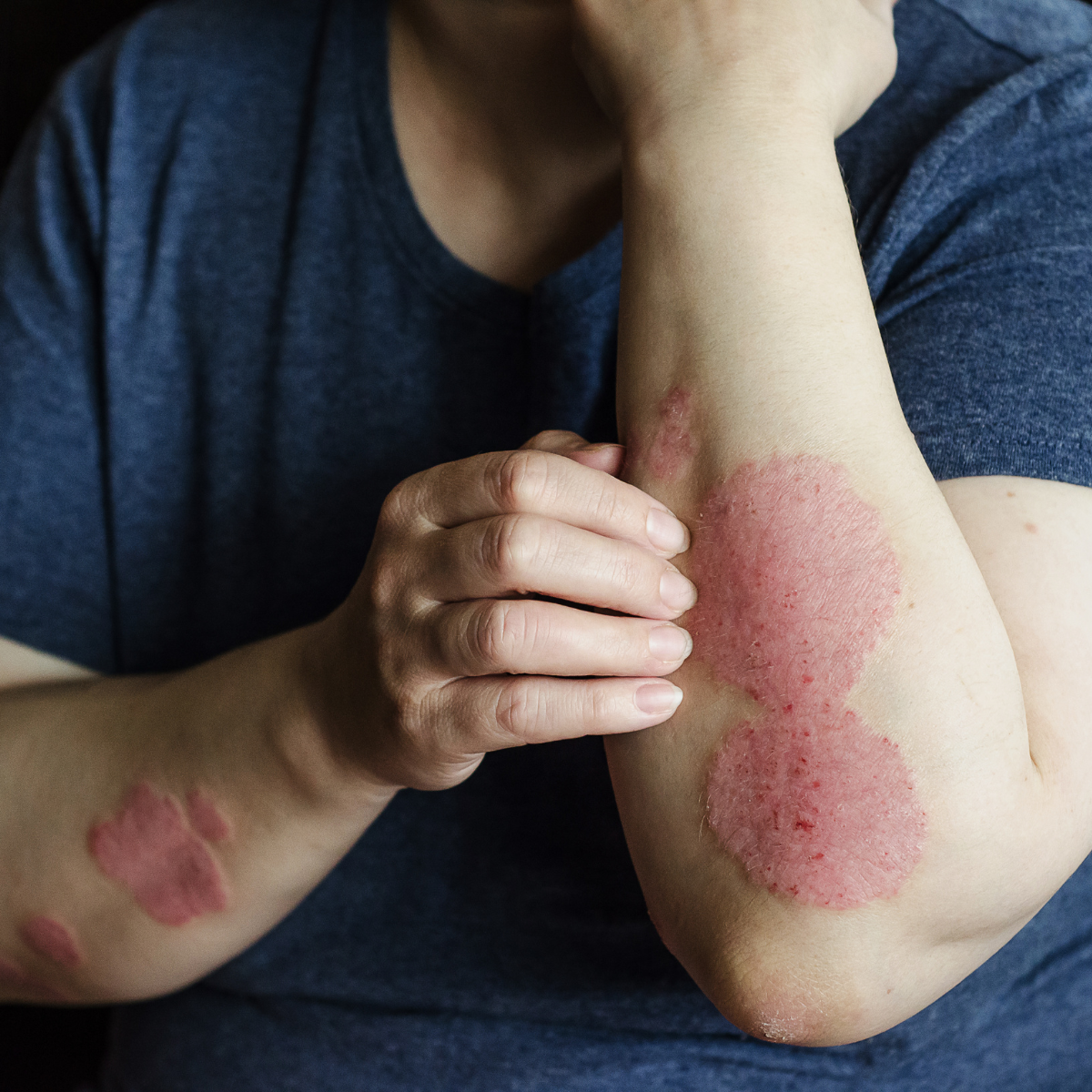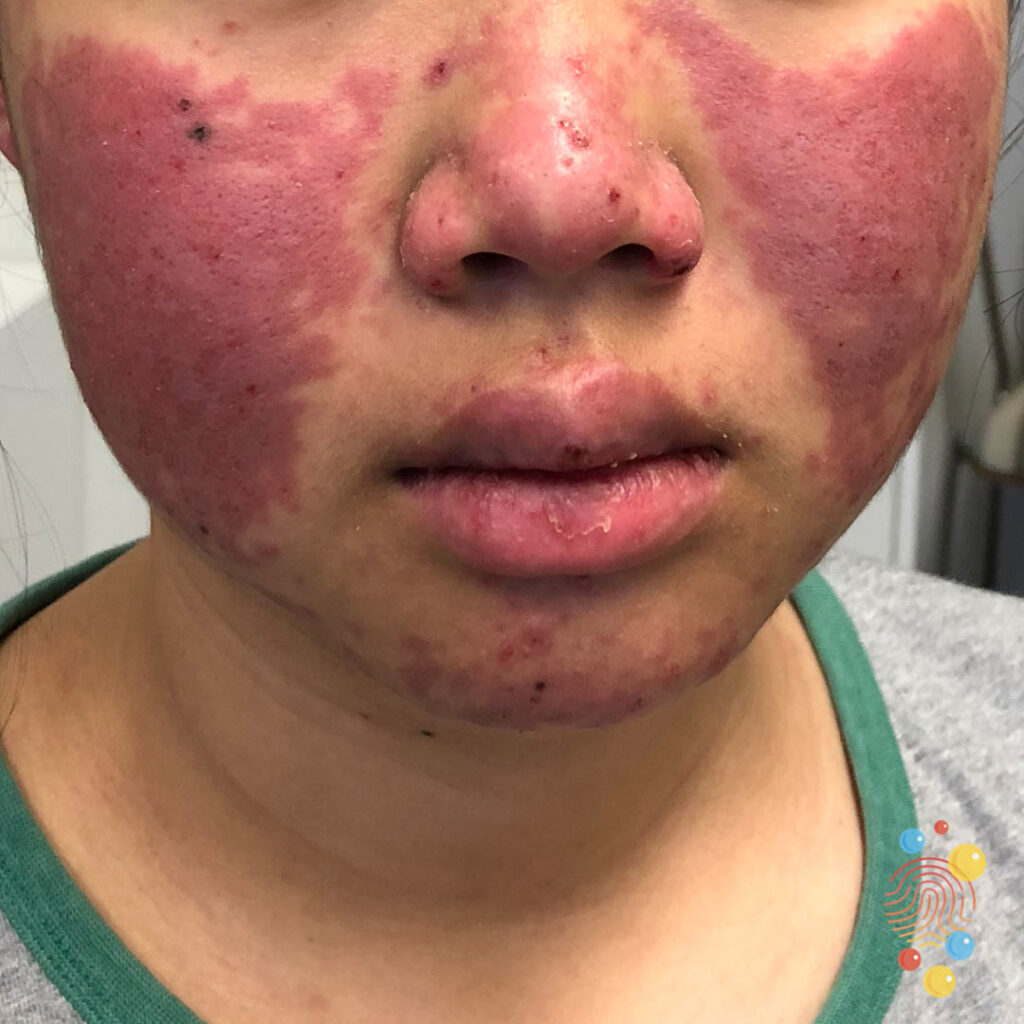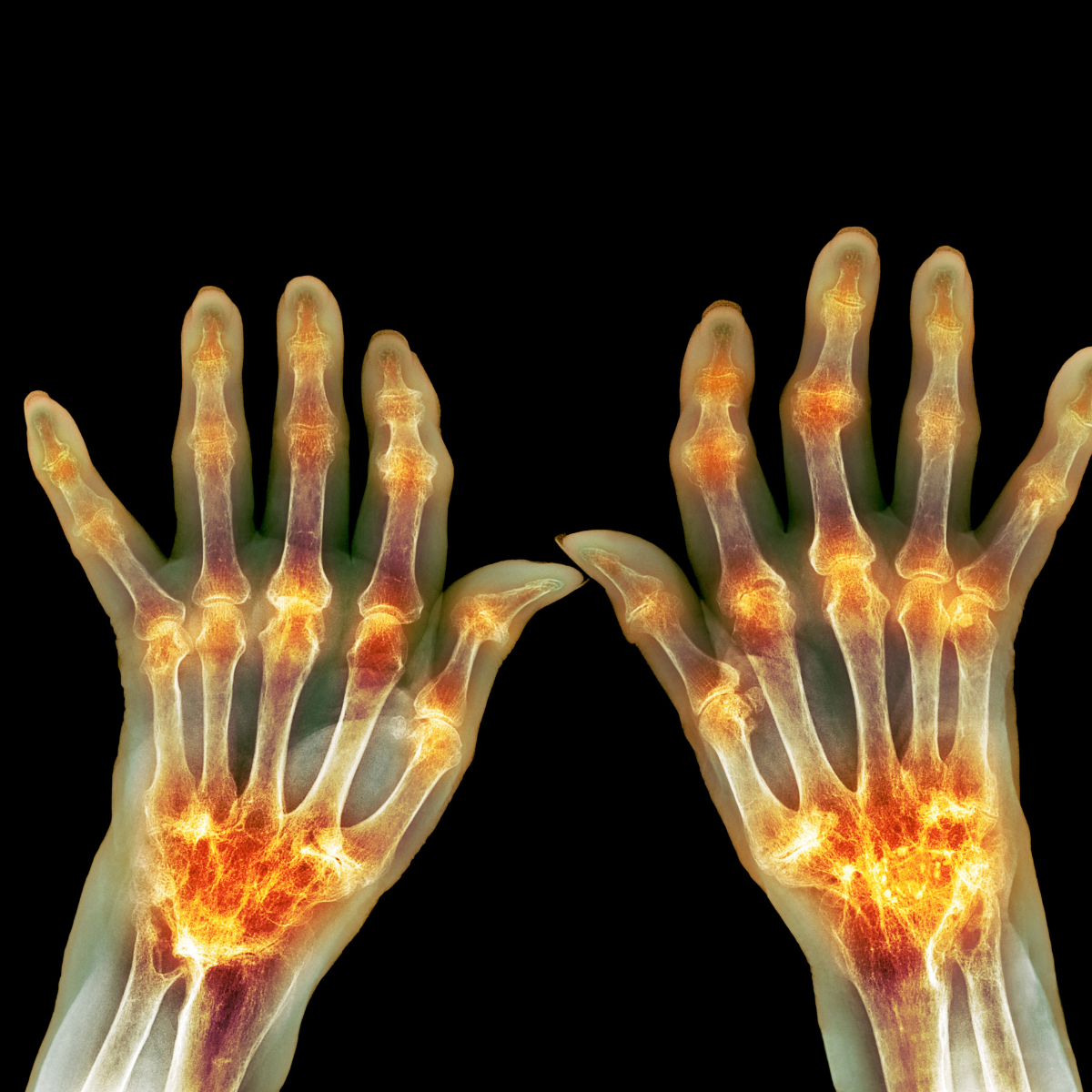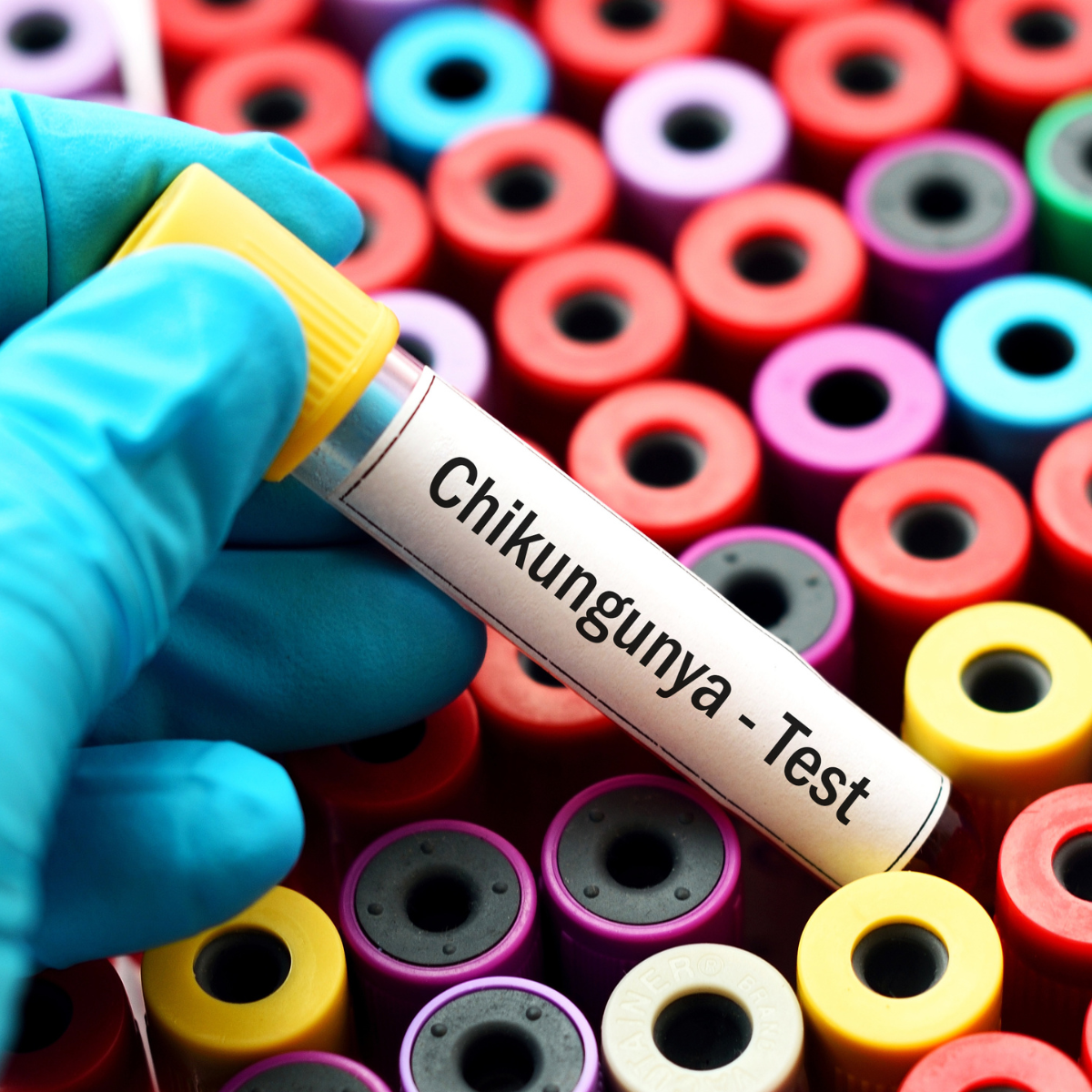
Celiac Disease
Celiac Disease
Simple explanation:
Celiac disease is an autoimmune condition where the body reacts abnormally to gluten—a protein found in wheat, barley, and rye.
What’s happening internally?
When someone with celiac disease eats gluten, their immune system mistakenly attacks the lining of the small intestine, damaging villi—tiny finger-like projections that absorb nutrients from food.
Root causes (can vary):
-
Genetic predisposition (HLA-DQ2 or HLA-DQ8 gene types)
-
Gut health disturbances (microbiome imbalance)
-
Immune dysregulation
-
Triggering events like infections or high-stress episodes (subjective)
How common is it?
Roughly 1 in 100 people globally are affected, but many remain undiagnosed or misdiagnosed.
🔍 Signs & Symptoms
-
Chronic bloating, gas, or abdominal discomfort
-
Fatigue or low energy
-
Iron-deficiency anemia
-
Brain fog or mood fluctuations
-
Unexplained weight loss or weight fluctuations
-
Irregular periods or fertility issues
-
Hair thinning or brittle nail
-
Skin rashes (especially dermatitis herpetiformis)
👉 Most common: Digestive issues, fatigue, and nutritional deficiencies
🥦 Line of Treatment – From a Nutrition Standpoint
💡 Nutritional Approach:
The foundation is a naturally gluten-free, anti-inflammatory, nutrient-dense diet that helps the gut heal.
✅ Foods to include:
-
Naturally gluten-free grains: Rice, millet (bajra, jowar), quinoa, amaranth, buckwheat
-
Colorful vegetables: Rich in antioxidants, support repair
-
Lean proteins: Eggs, chicken, fish, legumes (if tolerated)
-
Healthy fats: Ghee, cold-pressed oils, nuts, seeds
-
Fermented foods: Homemade curd, kanji, pickled vegetables
-
Hydration: Herbal teas, lemon water, jeera water
These support inflammation reduction, balance blood sugar, and boost nutrient absorption.
🚫 Foods to limit (not completely avoid unless tested):
-
Ultra-processed packaged gluten-free foods (can spike sugar)
-
Excess dairy (can be inflammatory for some during healing phase)
-
Refined sugars and oils
-
Alcohol and caffeine (subjective—depends on tolerance)
🌟 Key Nutrients to Focus On
Celiac can affect nutrient absorption. Watch for and support:
-
Vitamin D – for immunity & bone health
-
Vitamin B12 & Folate – for energy and nerve health
-
Iron – commonly deficient due to malabsorption
-
Zinc & Magnesium – support immunity, mood, and gut repair
-
Omega-3s – reduce inflammation (via seeds, nuts, fatty fish)
🌀 Myth Buster: Not everyone with celiac needs a multivitamin or probiotic by default. Testing and personalized guidance are key.
🌿 Lifestyle Recommendations
-
Movement: Aim for gentle walks, yoga, or strength training 3–5x/week
-
Sleep hygiene: 7–9 hours of consistent, quality sleep
-
Stress management:
-
Digital detox before bed
-
Journaling for clarity
-
Mindful breathing or guided meditations
Why? Chronic stress can worsen gut issues and immune reactivity.
📋 What to Track & Lab Markers
Body signals to track:
-
Energy levels throughout the day
-
Digestion: bloating, gas, frequency of bowel movements
-
Mood, concentration, and cravings
-
Skin clarity, hair health
Journaling:
Use a simple food + symptom tracker (especially in the first 4–6 weeks)
Lab markers to monitor (with professional guidance):
-
tTG-IgA / EMA – confirm celiac diagnosis
-
Vitamin D, B12, Iron, Zinc levels – baseline and follow-up every 6–12 months
-
CBC, CRP – general inflammation and anemia
-
Thyroid (TSH, T3, T4) – often co-related
📅Click here to Book your free 30-minute consultation
✨ Let’s go beyond the diagnosis—learn how to eat for healing, energy, and joy, without fear or confusion.
What to expect:
-
Deep-dive into your current habits, labs, symptoms
-
Customized healing protocol
-
Food lists & recipe ideas tailored to your lifestyle
-
Weekly accountability if you choose ongoing support
🎥 Watch this video to understand Gluten free diet better:
👉Watch Here
⚠️ A Few Things to Look Out For
-
Healing time varies—don’t compare your journey to others (subjective)
-
Even small amounts of gluten can trigger a response (fundamental)
-
Labels like “gluten-free” aren’t always healthier—read ingredient lists
-
Trust your symptoms more than trends—your body gives you clues
-
Social situations can be tricky—preparation helps (snacks, communication)











